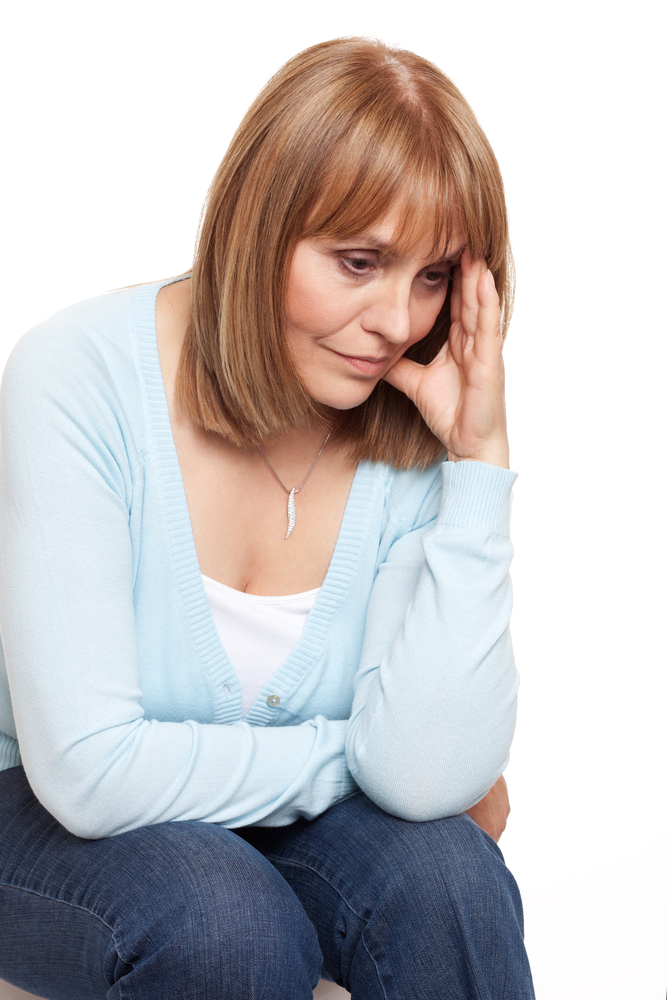
What is the menopause
The menopause is defined as a cessation of menstruation for a period of 12 months, and the several years leading up to the menopause are known as the perimenopause. The age women experience the menopause is variable, with the average usually falling between 50 and 53 years. This age group often makes up a large proportion of patients for medical aesthetic practitioners. It is therefore extremely important to understand the relationship between menopause and the skin.
Oestrogen
Menopause is a result in the decline and changing of our hormone levels. Although it’s different for everyone, the symptoms of the perimenopause average around four years.
There are four main hormones that are involved in the menstrual cycle. Oestrogen, progesterone, luteinizing hormone and follicle. The skin changes that begin to appear during the perimenopausal years are mainly from a reduction in the oestrogen levels. The decrease in oestrogen production from the ovaries leads to the many symptoms associated with the menopause. These include dryness, atrophy, fine wrinkling, poor healing, altered fat distribution and hot flushes. Other symptoms that can arise from these hormone changes include dizziness, heart palpitations, insomnia, anxiety and backache.
Cutaneous ageing
The ageing process causes reduction in collagen and hyaluronic acid. Combined with elastin fibre fragmentation and decreased blood flow, the dermis atrophies and the cell turnover rate is affected. Other factors can also add to the ageing process such as environmental influences, includes sun exposure, excessive alcohol intake, poor diet, smoking, pollution and sleep, can also affect the rate of skin ageing. It is therefore important to take note of a patient’s lifestyle, particularly if they are menopausal. The reduction in extrinsic ageing factors can help reduce the rate of ageing much quicker.
Skin dryness
Oestrogen plays a big role in the growth and repair of our skin,
it also carries essential nutritions to the skin. Although the
skin of a menopausal woman is likely to become drier, in some individuals,
congestion can occur, even signs of ache, and this is down to a change in the
level of oestrogen. Oestrogen
has a role in the maintenance of skin proteins, collagen and elastin. The
reduction in oestrogen production impacts on the repair of collagen and elastin
within the skin, resulting in thinner, less elastic skin.
Facial fat loss
Oestrogen also has the job of depositing fat evenly
throughout the female body. During the menopause and the reduction of oestrogen
levels, these fat deposits become redistributed from an even distribution can
occur. This explains the loss of facial fat and fat from the breast
tissue. This does effect the loss of fat in certain areas such as the face,
neck, upper limbs and breasts. This leads to the appearance of wrinkled, lax
skin that has lost its underlying supporting fat. These signs are
generally amongst the most concerning signs of ageing for and leads some women
to seek aesthetic procedures to manage these changes through the administration
of facial fillers or surgery.
Treatments
Aesthetic practitioners routinely manage the effects of ageing on the face and, generally, a large proportion of work is with menopausal patients. There are several options for patients who want to avoid surgery to improve their appearance:
- Dermal filler injections
- PRP Injection of platelet rich plasma into the skin
- Radio-frequency treatments
- High-focused ultrasound
- Hormone replacement therapy (HRT) (for menopausal symptom management.)
With the ever-changing hormonal effects, its important to address each patient’s skincare needs. Revision of the home skincare regimen and professional treatment remedies can help to support the skin and control the effects of fluctuating hormones. Antioxidants, pigment regulators, growth factors and DNA repair enzymes are all key ingredients that should be considered in the management of menopausal skin.
Lifestyle advice
There are simple steps to take such as avoiding sun exposure and
smoking. I always recommend a high factor sun screen, cessation of smoking and
excessive consumption of alcohol and reduction of nutritionally poor diets. All
these small and easily fixed issues can make big changes to your
lifestyle.